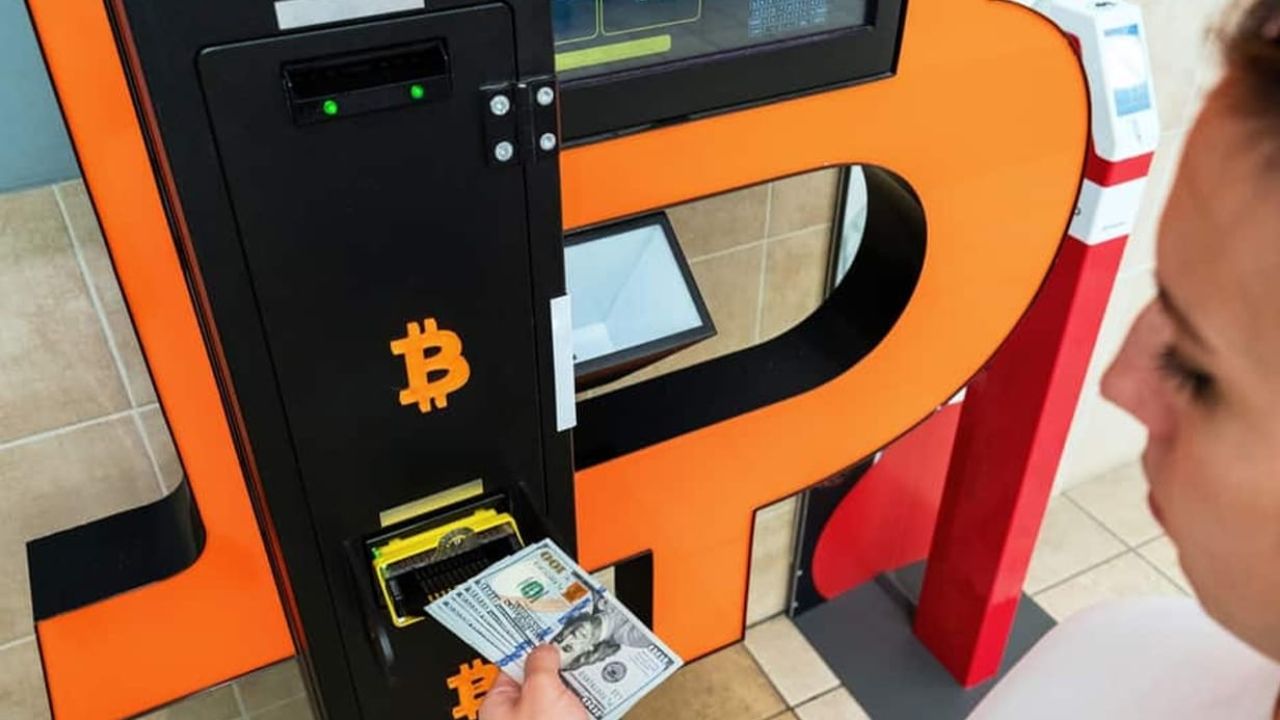A Bitcoin facility that customers often use to purchase and trade Bitcoin is known as a Bitcoin ATM. The most significant difficulty with cryptocurrencies is security and compliance. In light of security concerns, Kiosk Manufacturer strives to guarantee that its Bitcoin ATMs are both secure and compliant.
Protecting User Data and Privacy
Data privacy is the first security concern that has to be addressed concerning Bitcoin ATMs. The manufacturing of kiosks enables the creation of kiosks with data encryption and login modules to prevent the disclosure of personal information. Since all of the data is encrypted, only those with the code may access it, protecting the information from hackers. Passwords, fingerprint scanning, and face recognition are a few examples of safe login methods.
Imposing Transaction Limits
To enhance security and compliance, Bitcoin ATMs are usually equipped with transaction limitations. Kiosk manufacturers set these limits on the machines to minimize the chances of fraud or acts of unlawful spending. Transaction limitations are often defined to meet the requirements of local legislation. For instance, in some countries, it is illegal for ATMs to transact beyond a specific amount. These limitations are necessary to ensure safe transactions.
Installing Real-Time Monitoring and Alerts
Manufacturers of kiosks design the system to have monitoring software that helps in tracking transactions and any unlawful acts. Some monitoring systems can even stop a transaction on its own if it senses some form of security threat. Also, an alarm system is installed to notify the ATM operators of any activity. Essentially, different alarm notifications can be sent through SMS to the operators or via email or app notifications. This helps operators get to action before any security compromise is initiated.
Using Secure Hardware and Software
Two layers of security are incorporated in the design of the Bitcoin ATMs: the mechanical and the programmatic. The machine parts are made secure to avoid being altered by anyone. For instance, ATM comprises special locks and protected cases. These measures protect the machines from physical theft or damage. Bitcoin ATMs have unique software that reduces the risk of hacking. Most ATMs have firewalls and antivirus to prevent attacks that could compromise the machine or its data.
Providing Customer Support and Education
One way to enhance security is through user awareness. They should have information on how to operate the machines safely and how to safeguard passwords from being scammed. Customer support is essential so that users can seek help in case of any problems in transactions.
Anti-Money Laundering (AML) Regulations
Anti-money laundering (AML) requirements are crucial for Bitcoin ATMs. AML rules are used to combat unlawful activities such as money laundering and cryptocurrency-based terrorism financing. Manufacturers of kiosk machines ensure that their machines are designed as per these rules. Know Your Customer (KYC) processes that require customers to verify their identity are typically included with Bitcoin ATMs. Swiping a driver's license, passport, or ID card is required for this. Some of the ATMs also ask for a user’s photograph for further identification.
Conclusion
The increased use of Bitcoin ATMs has raised the necessity of increasing security and compliance with the law. Kiosk manufacturers are able to meet these demands through user data protection, AML laws, transaction limits, and real-time monitoring systems. Kiosk manufacturers make Bitcoin ATMs significantly safer for users. By concentrating on security and compliance, they ensure that newcomers are introduced to the world of digital currencies.


